UPDATE3 BT Reveal UK FTTC Self Install and Vectoring Broadband Trial
BTWholesale has revealed the seemingly imminent launch of a new ISP trial to test the operators first wires-only self install superfast broadband service (no engineer required), which could dramatically cut the setup cost and contract length of UK FTTC lines. A trial of VDSL Vectoring (faster FTTC speeds) is also on the cards.
Currently anybody who buys a Fibre-to-the-Cabinet service has to, with the exception of some special ISP offers, pay a one-off installation fee that can cost around £100 (includes the cost of a VDSL Modem and engineer installation). The holy grail for most ISPs would be to make it so that customers could install the service themselves, which would remove the need for a costly engineer visit and potentially also make contract terms more flexible.
Last May 2012 BTOpenreach began the first step towards this goal by conducting a technical trial of Microfilter devices for its up to 80Mbps FTTC lines (here), which are a key part of the process. Shortly after that BT also began a PCP-only pilot that allows ISPs to take over responsibility of the connection hardware component by introducing their own VDSL capable modems to replace the Openreach kit (here).
Now the latest roadmap update from BTWholesale has revealed a timetable for the first customer trial of an FTTC Self Install product, which is set to begin by the end of April 2013 (Phase A) and could result in a commercial launch as soon as autumn 2013.
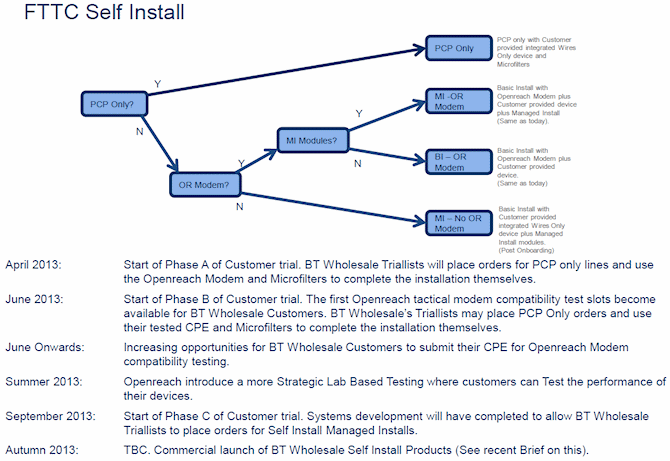
But the road to an FTTC Self Install product is not a smooth one and BTOpenreach has already confirmed that “the use of microfilters may result in reduced speeds when compared to an engineer-based installation“, which is due to a number of factors.
An engineer does quite a bit of physical work to ensure that interference is reduced to a minimum and the best line speed obtained, which is not possible when simply plugging in a Microfilter device into your phone socket. Expectations about the speed detriment vary but many fear that it could be quite significant.
Speaking of speed, FTTC Self Installs aren’t the only things on BTWholesale’s timetable. The latest update also makes mention of a “Vectoring Trial“. Vectoring is a vital technology because it’s designed to reduce crosstalk (interference) on copper based FTTC (VDSL2) telephone cables and can thus open the door to faster broadband speeds over greater distances
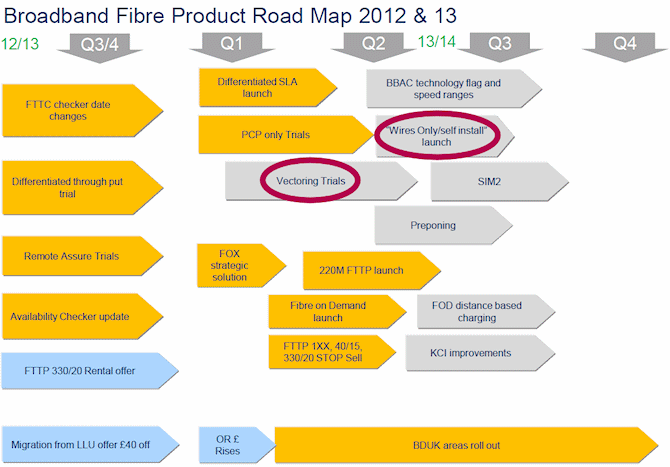
So far BT’s FTTC technology has relied upon simple profile changes to improve service speeds, which most recently saw the services headline download speed jumping from 40Mbps (Megabits per second) to 80Mbps because its spectrum allocation was raised to 17MHz. A similar profile boost in the very near future could potentially push this up to around 100Mbps but anything faster, or needing a greater reach, is likely to require something different.
Vectoring (e.g. the ITU’s VDSL2 G.vector G.993.5 or G.fast standard) is one possible solution and some tests have shown that it can deliver speeds approaching 200Mbps or potentially a lot faster when combined with additional line bonding (linking several telephone lines together), although the latter is likely to be too expensive for most home users to consider. However it should be stressed that different operators have different solutions and we don’t yet know enough about BT’s chosen method to make any reliable predictions about performance or reach.
On the surface the adoption of Vectoring sounds like a straightforward proposition but it’s unlikely to be one that comes without some form of cost, which may or may not be passed on to customers as part of an upgrade fee. Quite how much it will cost to upgrade BT’s kit for vectoring depends on many factors, such as their chosen solution and any relevant technical challenges.
The good news is that BT has at least put Vectoring Trials into their roadmap, which is a very encouraging sign that they’re keen to keep developing FTTC’s capabilities and despite the well documented shortcomings of copper line based internet access technologies (it’s fast when you live near to the street cabinet but slower when you live further away). But we’d take the dates given in the table above with a pinch of salt until BT can confirm.
As a side note the same BTWholesale update also saw the operator hint at the introduction of a Fibre Only Exchange (FOX) “strategic solution“, which would replace old copper line products with “ultra-fast” fibre optic phone and broadband (FTTP) services and has already been successfully trialled in the rural Oxfordshire village of Deddington (here).
BT now looks set to expand FOX into a more specific product offering and their roadmap suggests that we can expect to hear more about that sometime within the next few months.
UPDATE 3:00pm
As promised we have a statement from Openreach regarding the Vectoring trial, which is now confirmed as being due to commence during the summer. A further statement concerning the FTTC Self Install product is expected to follow.
A Spokeswoman for Openreach told ISPreview.co.uk:
“Openreach is planning to test the capabilities of vectoring as part of a trial involving its CP customers during Summer 2013. We will provide Industry with more details on the trial over the coming weeks.
It’s far too early to say whether we will be deploying vectoring in our network as any decision will be dependent upon the outcome of the trial. However, we believe vectoring has the potential to be a cornerstone technology of FTTC deployment in the future.
Customer feedback and the latest figures from Ofcom suggest that our fibre products are performing very well and, as you would expect, we’re continually evaluating emerging technologies aimed at further enhancing performance.”
UPDATE 3:15pm
Openreach has just furnished us with another statement, this time concerning the FTTC Self Install product.
A Spokeswoman for Openreach told ISPreview.co.uk:
“Openreach is offering its communications provider (CP) customers the opportunity to pilot its “PCP Only” FTTC Connection Variant from this month. Additionally, we’re working with select CPs to trial the use of their own integrated modem/router devices. Subject to feedback from these projects, the commercial launch of the service is planned for Q3 2013/14. BT Wholesale has already confirmed that it will be participating in the pilot from the end of April.
This service will have a number of advantages for CPs and consumers. For the first time, CPs will be able to issue their own integrated modem/router rather than using the Openreach modem. This will reduce both the equipment and power consumption in the customer’s home, resulting in savings for CPs and consumers who order fibre broadband.
It will also offer CPs and their customers the option to “self-install” FTTC in the home, rather than having to arrange a visit from an Openreach engineer. This will give CPs and their customers more control over the installation experience. However, as home wiring can affect users’ headline speeds, CPs can still request that an Openreach engineer installs the product and they will carry out additional work to minimise the level of electrical interference within the home.”
UPDATE 24th April 2013:
The first two trial locations for Vectoring have been revealed (here).
Mark is a professional technology writer, IT consultant and computer engineer from Dorset (England), he also founded ISPreview in 1999 and enjoys analysing the latest telecoms and broadband developments. Find me on X (Twitter), Mastodon, Facebook and Linkedin.
« UPDATE Ofcom Fine UK ISP TalkTalk £750k for Abandoned and Silent Calls
Latest UK ISP News
- FTTP (5521)
- BT (3517)
- Politics (2539)
- Openreach (2298)
- Business (2264)
- Building Digital UK (2245)
- FTTC (2044)
- Mobile Broadband (1974)
- Statistics (1788)
- 4G (1665)
- Virgin Media (1619)
- Ofcom Regulation (1462)
- Fibre Optic (1395)
- Wireless Internet (1389)
- FTTH (1381)

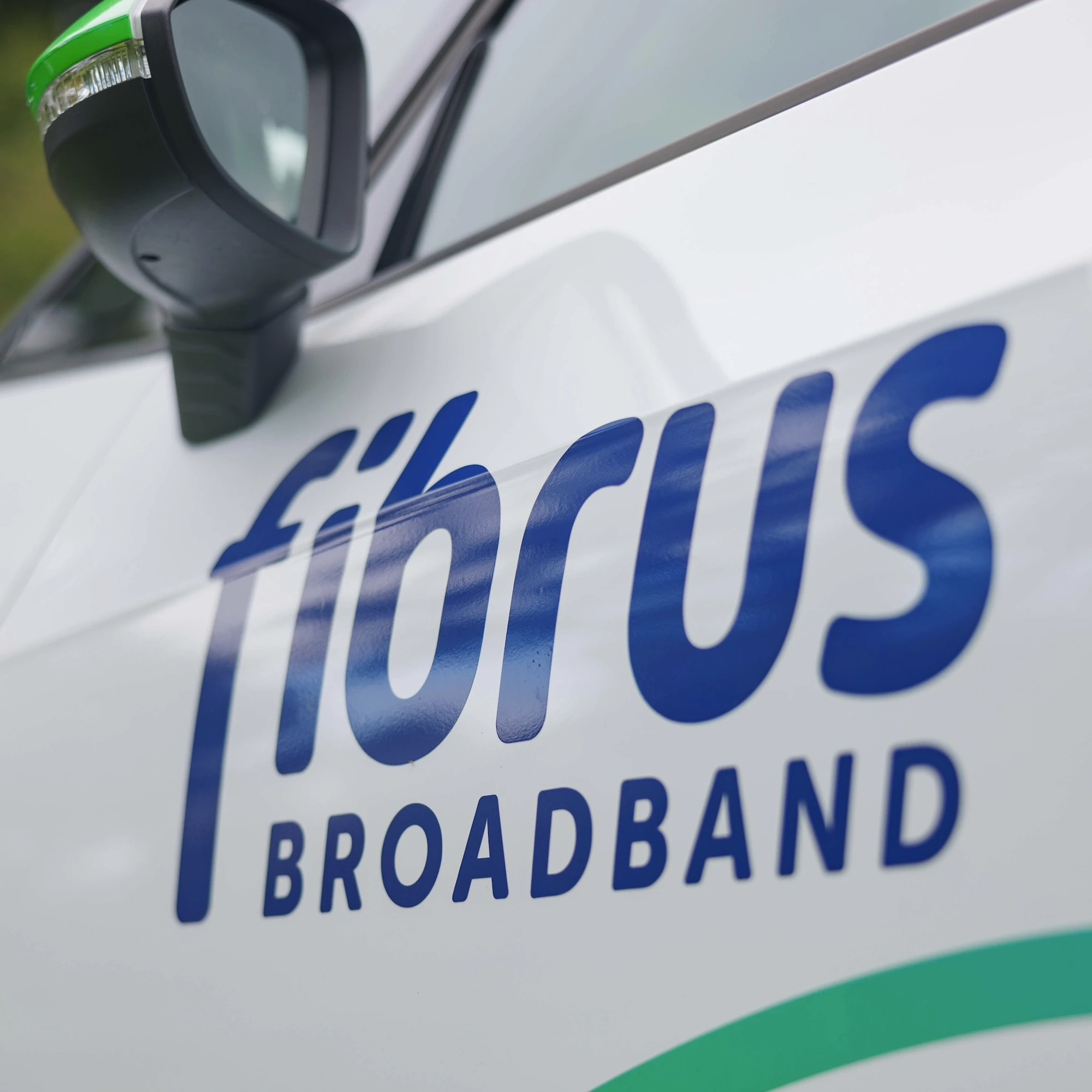
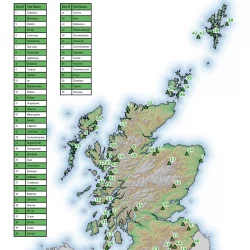














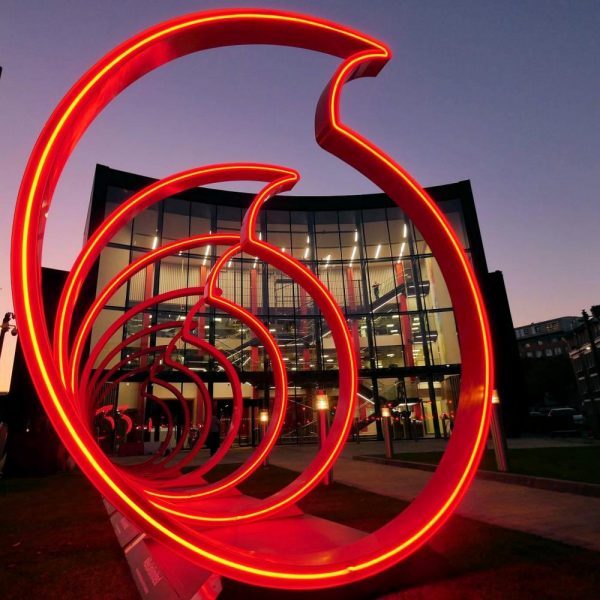
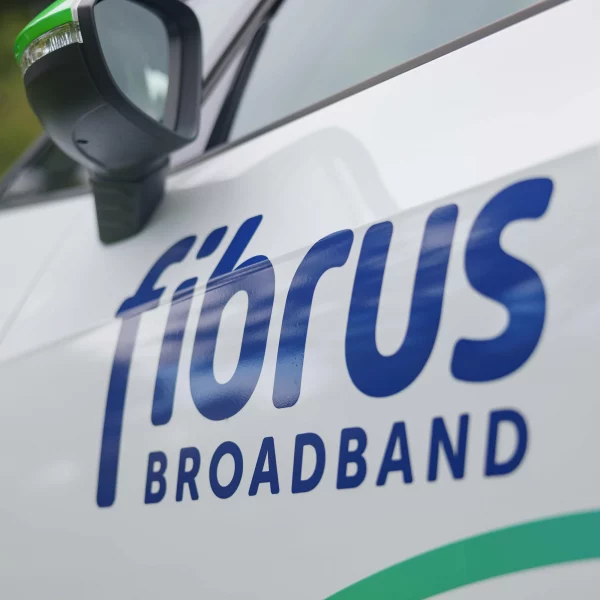
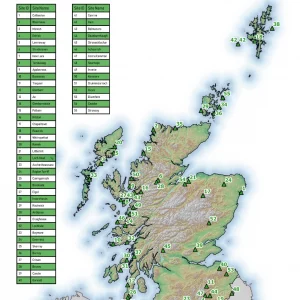

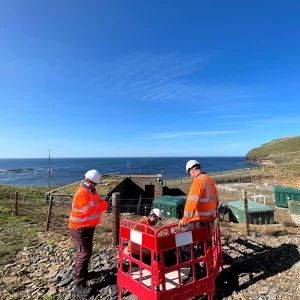


































Comments are closed